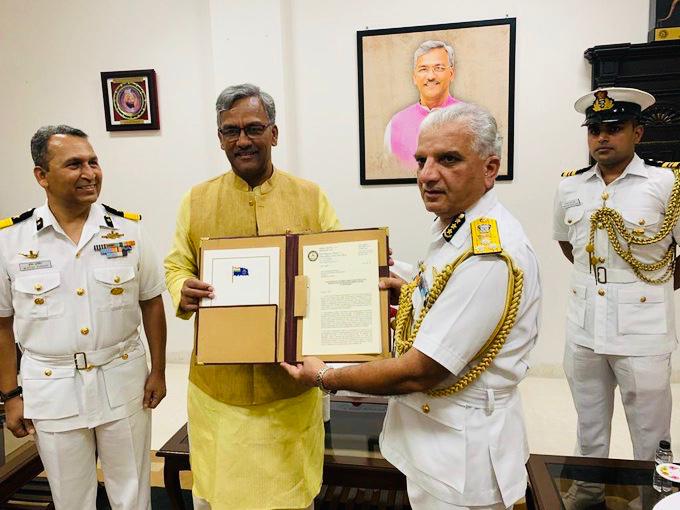The Government of India, the Government of Jharkhand
and the World Bank has signed a $147 Million Loan Agreement to provide basic
urban services to the people of Jharkhand and help improve the management
capacity of the urban local bodies (ULBs) in the State.
The Jharkhand Municipal Development Project will
focus on improving the municipal sector’s capacity to provide basic urban
services. It will invest in urban services such as water supply, sewerage,
drainage, and urban roads; and strengthen the capacity of the Jharkhand Urban
Infrastructure Development Company (JUIDCO) as well as that of the ULBs to
carry out reforms in the areas of urban finance and governance.
This is in keeping with the needs of a rapidly
urbanizing state where about 31 million people reside in urban areas and urban
population growth in nine of 24 districts in Jharkhand is above India’s overall
urbanization pace of 2.7 percent.
Speaking on
the occasion, Sameer Kumar Khare, Additional Secretary, Department of Economic
Affairs, Ministry of Finance, said that the Government of India recognizes that
urbanization and economic growth are interlinked and initiated a comprehensive
road map for municipal reforms through the AMRUT program. He further said that
the Jharkhand Municipal Reform Program will be a definite step forward to
strengthen and improve urban services in a fast urbanizing state and will
provide an impetus to economic growth.
The Loan Agreement was signed by Sameer Kumar Khare,
Additional Secretary, Department of Economic Affairs, Ministry of Finance, on
behalf of the Government of India and Shanker Lal, Acting Country Director
(India), the World Bank, on behalf of the World Bank. Whereas, the Project
Agreement was signed by Ameet Kumar, Director, State Urban Development Agency
(SUDA), Urban Development & Housing Department on behalf of the Government
of Jharkhand, Utkarsh Mishra, Deputy Project Director (EAP) on behalf of
Jharkhand Urban Infrastructure Development Company on behalf of and Shanker Lal, Acting Country Director
(India), the World Bank, on behalf of the World Bank.
Acting Country Director (India), Shanker Lal, said
that over the past decade, Jharkhand has been focusing on bringing ULBs to the
forefront of development and delivery of municipal services. However, there is
a huge unfinished reforms and investment agenda for the State. He further said
that in this broader context, this project will support the process of
strengthening the capacity of urban local bodies while investing in municipal
services.
Most of these components will be open to all 43 ULBs
in the state who may wish to participate within an agreed framework under the
project. Over 350,000 urban residents of the participating ULBs are expected to
benefit, of which at least 45 percent will be women.
Interventions such as piped water supply, storm
water drains, climate friendly road construction and energy efficient street
lighting will not only help improve urban services but also make it environmentally
sustainable.
Work on two sub-projects – Khunti water supply
subproject and the Dhanbad roads subproject is expected to commence shortly.
Through its other key components, the project will improve urban governance by
assisting ULBs to improve their organizational capacity, manage finances in a
sustainable manner, and focus on the development of its nodal implementing
agency, JUIDCO.
Vasudha Thawakar , Senior Urban Development
Specialist and Task Team Leader for the Project said that Jharkhand needs
large-scale investments in urban infrastructure and services. Such investments
will require a phased approach. This Project will focus on closing the gap on
access to basic services and at the same time build the capacity of its
institutions to better manage and provide services effectively.
The Loan, from the International Bank for
Reconstruction and Development (IBRD), has a 7-year grace period, and a final
maturity of 22.5 years.















